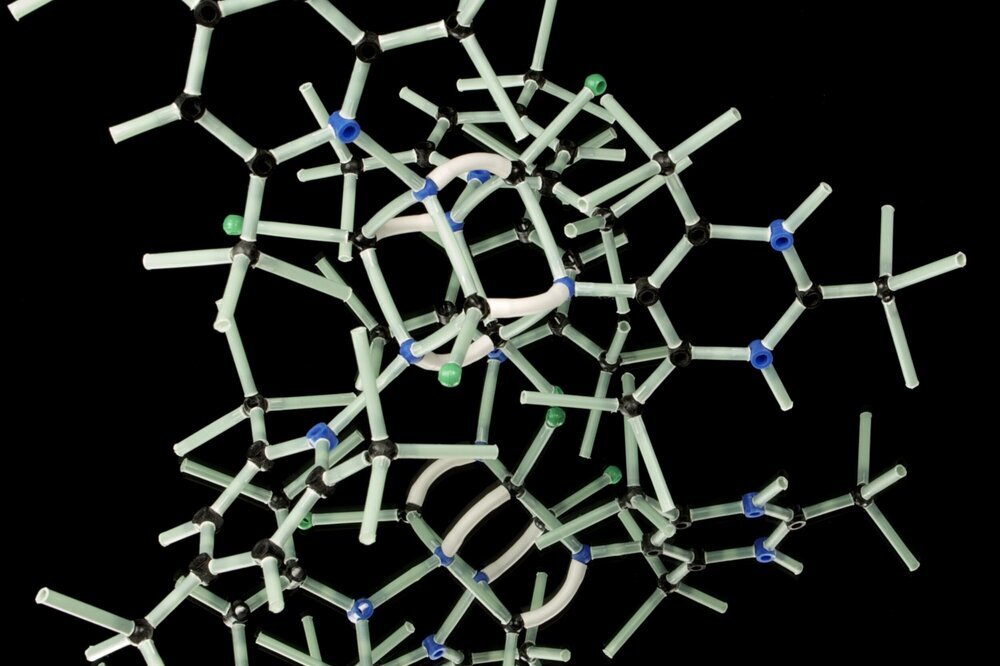
Subject Advice Guide
Biochemistry
Overview
“Biochemistry is about smashing open some cells and looking at what they do.”
The course is really about the chemistry that goes on inside a cell and how it affects metabolic pathways, enzyme kinetics and the behaviour of aqueous environments. Throughout the course, you’ll study a range of organic compounds and its relation to cellular growth and interaction with DNA, alongside the physical behaviour of atoms and particle theory.
Although maths isn’t required, it’s recommended to have it since there is a module in first year dedicated to maths and stats which coincides with the physical biochemistry module. You won’t be disadvantaged without it however since there are lectures/classes that teach from the basics, but it can speed up quite quickly, so having some prior knowledge is useful.
Choosing Your Course
Most people studying biochemistry would have chemistry (required), maths (recommended) and biology/physics as their A-Levels or equivalent.
I chose biochemistry by looking at the modules that interested me the most which ruled out studying pure biology/chemistry or maths at degree level. I preferred studying enzymes and metabolism over plant biology and biodiversity. I was also keen to learn more about proteins and found that I understood these topics better (and I enjoyed learning more about them too!) Also, Oxford has no admissions test for biochem, which was even more of a reason for me to apply!
I also had the chance of going to a few summer schools and shadowing programs at oxford to get a taste of undergraduate life in the subject and the tutorial system which helped me choose.
Career Prospects
Biochemistry has the benefit of being useful in a wide range of career choices, from working in labs and forensics to going on to study medicine or work in clinical-based placements or even going into the fields of finance and law. Many graduates go into further research and pursue a PhD.
What to Expect
Year 1: Roughly 10-12 lectures per week with 2-4 classes/tutorials and typically a full day of lab work on a Friday.
Year 2/3: Roughly 5-8 lectures a week, with 1-2 tutorials a week depending on the college. Lab practicals are held approximately twice a term. In second year, there is a lot more free time compared to first or third year, allowing you to explore what parts of biochemistry you enjoy most.
Final year: Working on a final year project, most likely in a lab.
Course Structure
Year 1: There are five modules: molecular cell biology, organic chemistry, biophysical chemistry, biological chemistry, and maths & statistics; these are examined on at the end of the year in the form of ‘prelim’ exams, which do not count towards your final grade but a passing grade is needed to progress to the next year.
Years 2/3: Over these two years, various topics are studied that are examined on at the end of third year in the form of six papers; there are no exams in second year. Topics include proteins, enzymes, bacteria, genetics, developmental biology, and immunology.
Final year: This year is for a final year project on a topic of your choice, and usually involves working in a lab for the majority of the time, eventually producing a project dissertation and an extended essay in the form of a review article. The academic year is extended by about two weeks.
Recommended Reading
Book/podcast/articles recommendations:
“Power, Sex and Suicide - mitochondria and the meaning of life” and other books by Nick Lane
“The Gene: an Intimate History” by Siddhartha Mukherjee
“Junk DNA – A Journey Through the Dark Matter of the Genome” and other books by Nessa Carey
“A Crack in Creation – Gene Editing and the Unthinkable Power to Control Evolution” by Jennifer A Doudna and Samuel H. Sternberg – an account of the discovery of CRISPR gene editing and some of the ethical issues surrounding gene editing in general
“The Double Helix” by James D Watson – a personal account of the discovery of the structure of DNA
“The Immortal Life of Henrietta Lacks” by Rebecca Skloot – not directly related to biochem and not much actual science involved but a super interesting true story about the origins of the immortal HeLa cell line
“Advice to a Young Scientist” by Peter Medawar
2016 Medicine Prize on autophagy: https://www.nobelprize.org/prizes/medicine/2016/press-release/
2018 Chemistry prize on enzyme engineering https://www.nobelprize.org/prizes/chemistry/2018/summary/
“The Eighth Day of Creation: the Makers of the Revolution in Biology” by Horace Judson
The Radical Possibilities of Man-made DNA - https://www.youtube.com/watch?v=-H1tUMRJoeo
How CRISPR Lets us Edit our DNA | Jennifer Doudna - https://www.youtube.com/watch?v=TdBAHexVYzc
Textbooks:
There’s no need to buy any of these for your course as they can all be borrowed from university libraries, but if you happen to have copies in school or a local library, they would be worth a look to familiarise yourself.
“The Molecules of Life – Physical and Chemical Principles” Kuriyan, John
“Molecular Biology of the Cell” Bruce Alberts
“Molecular Cell Biology” Lodish et al.
“Biochemistry” Berg, Jeremy M et al. (This book covers a lot of first year content)
